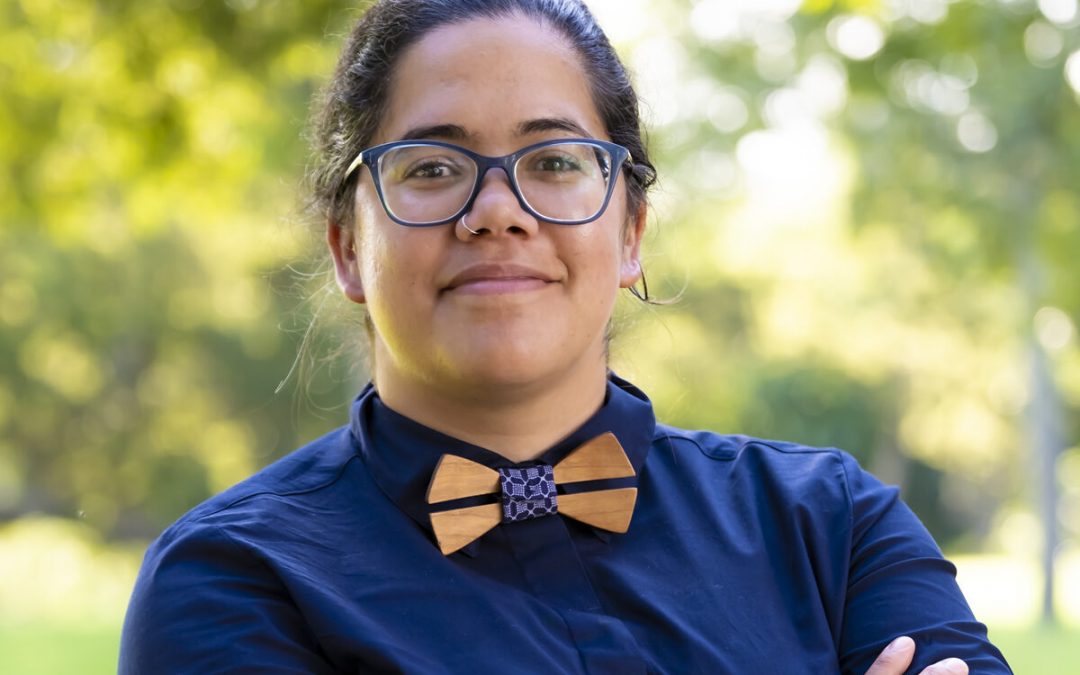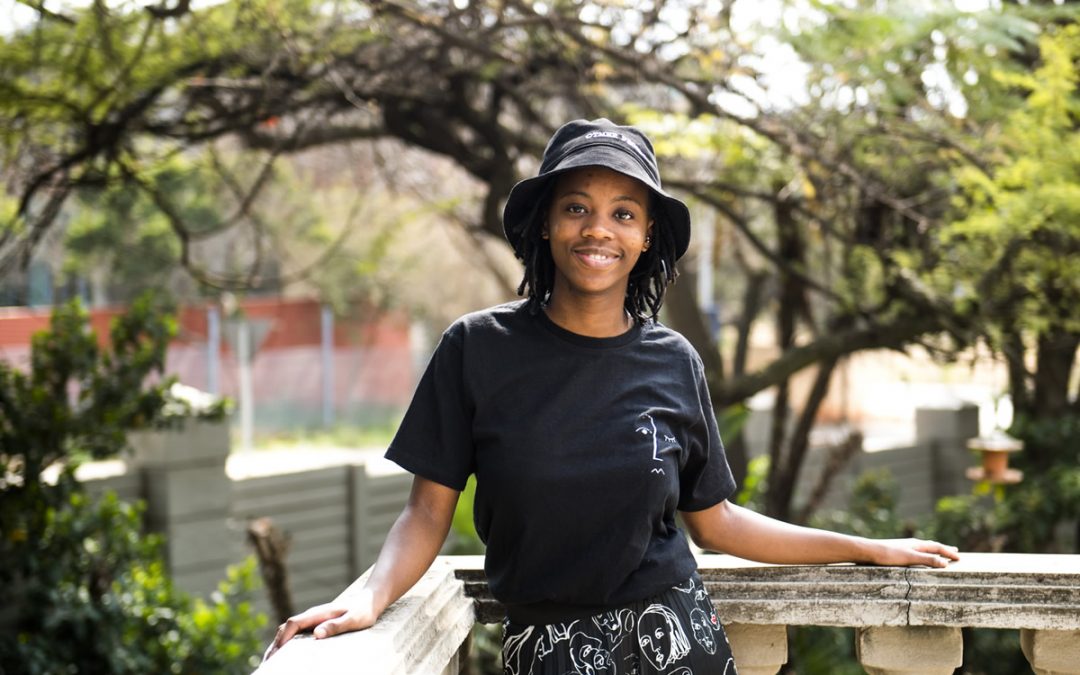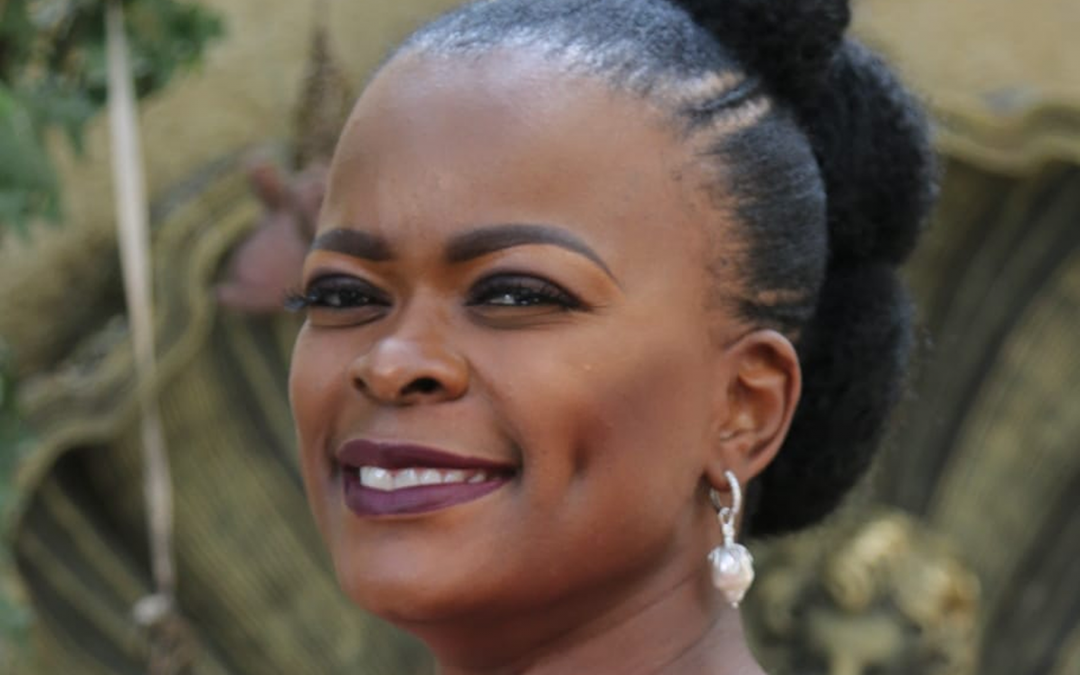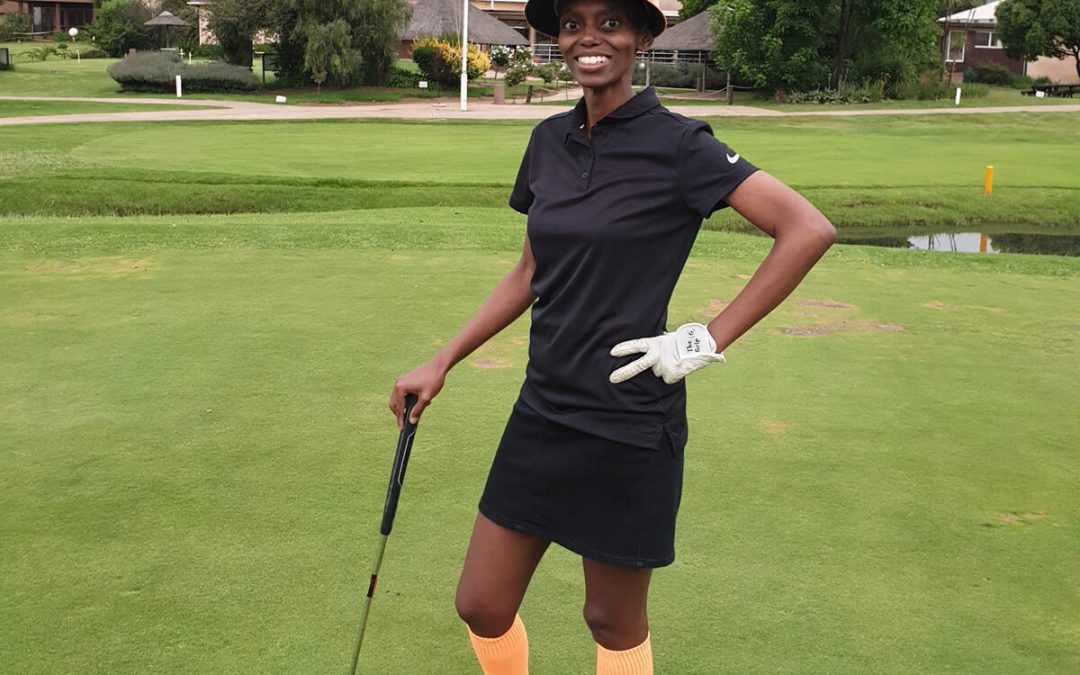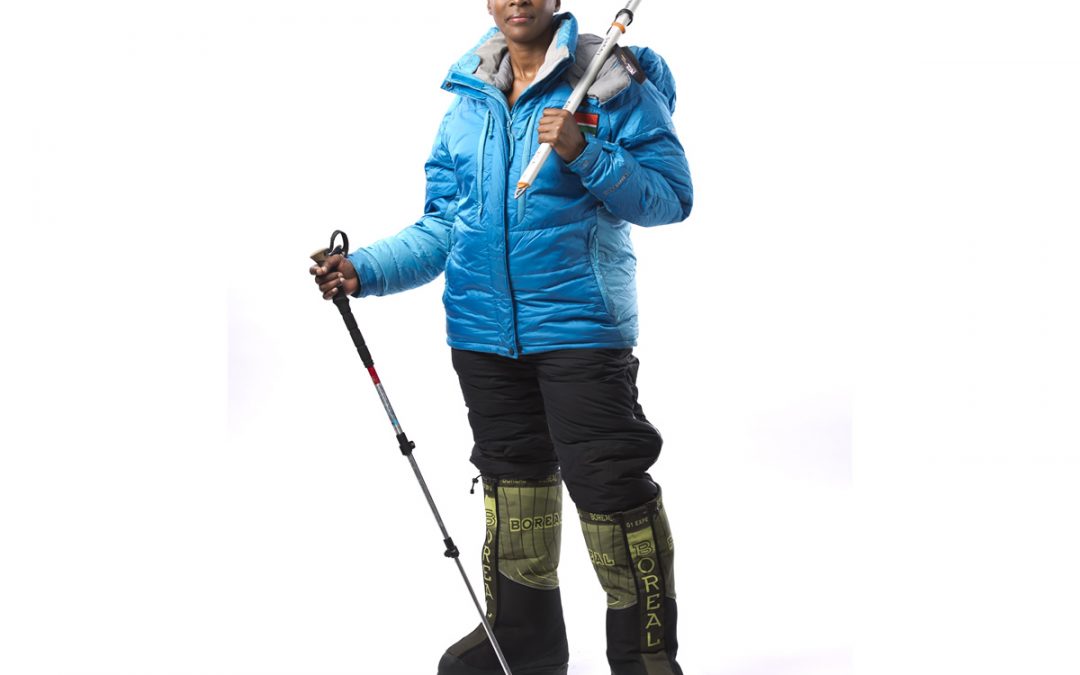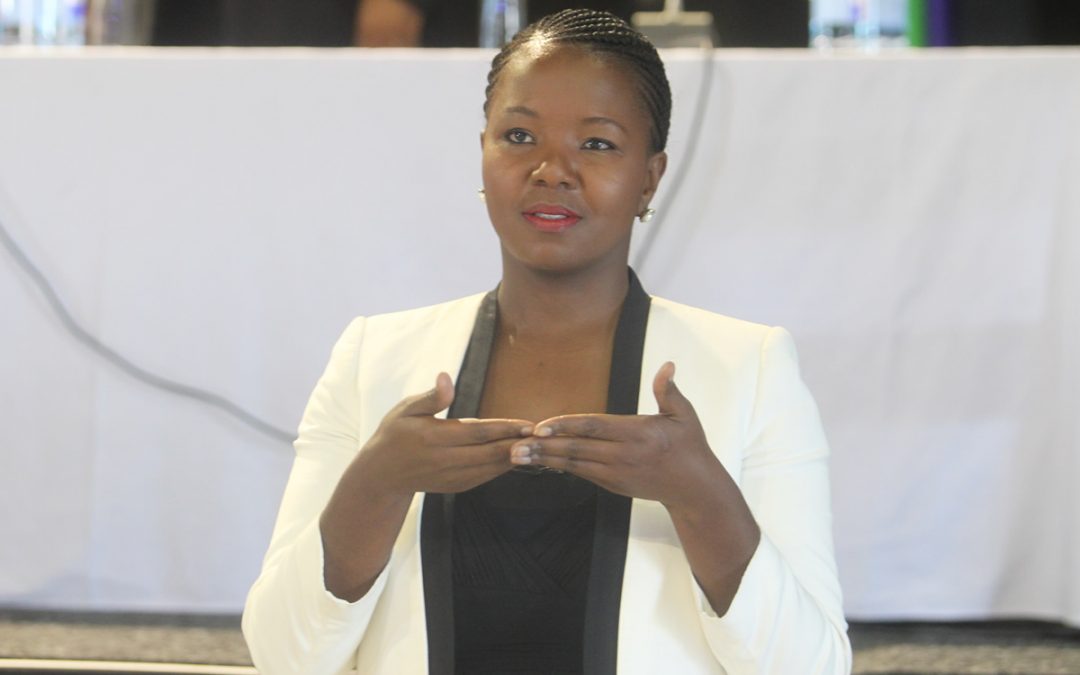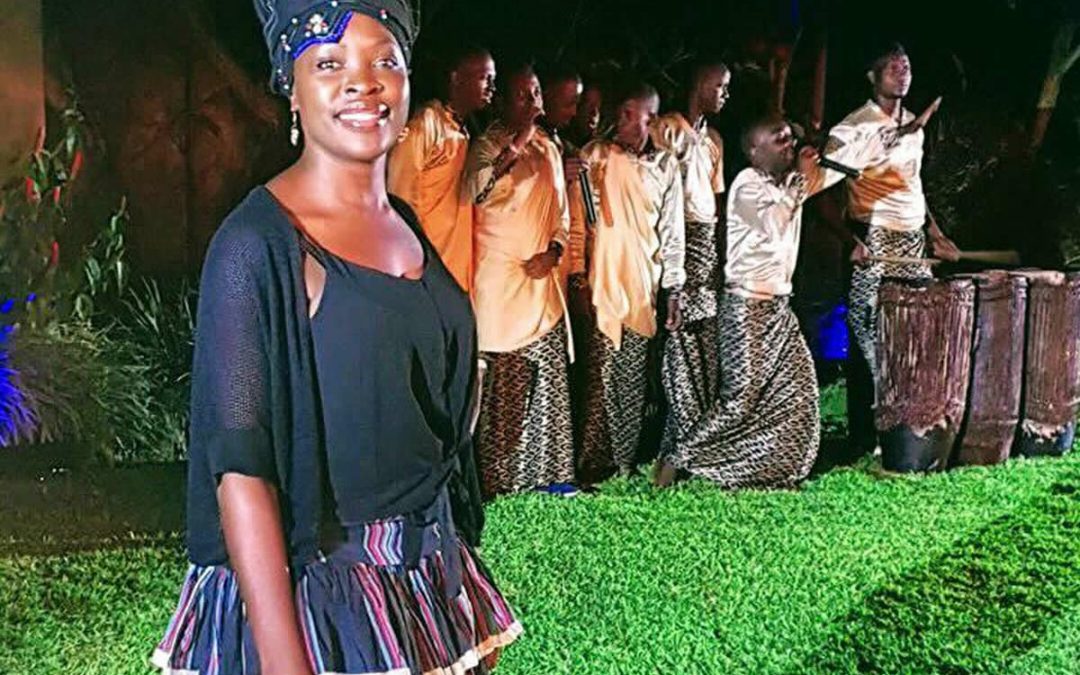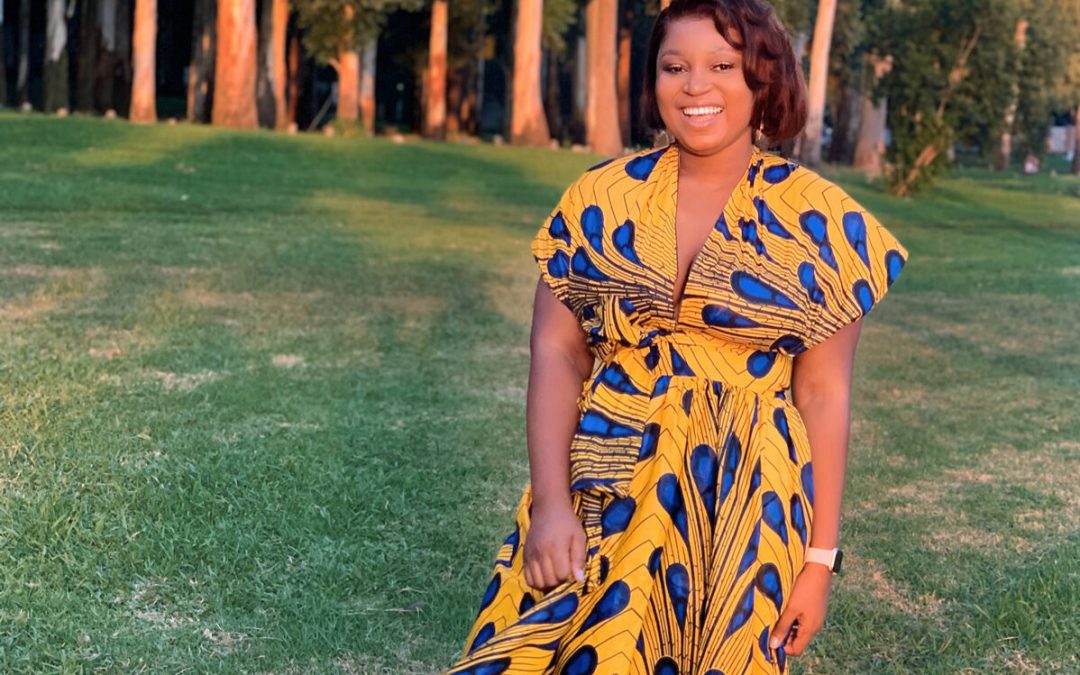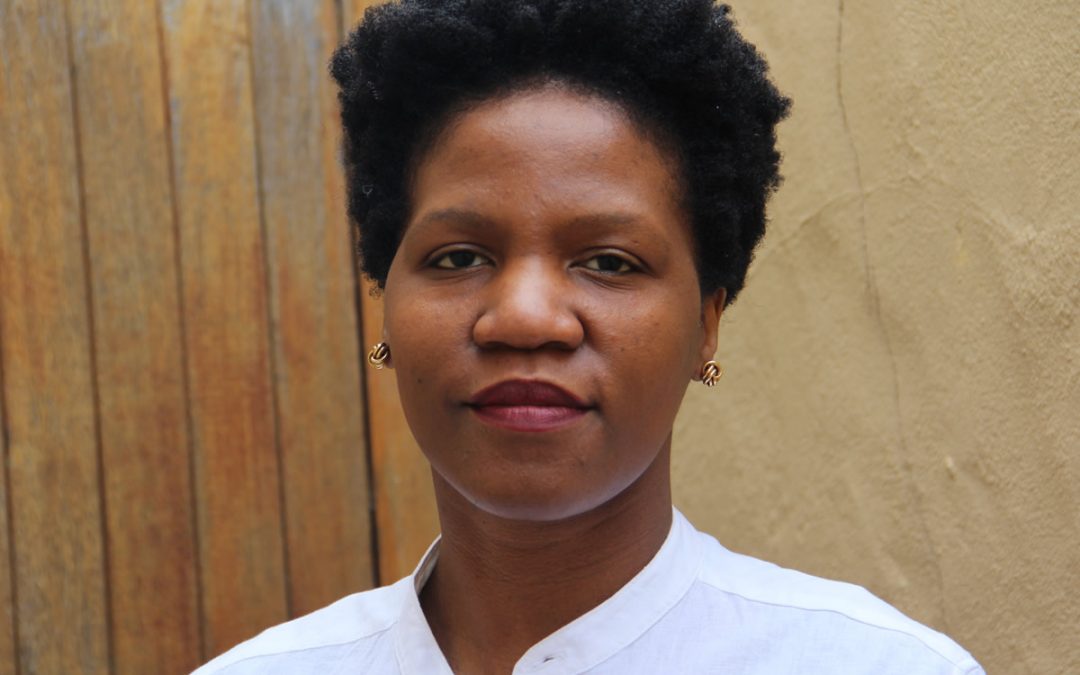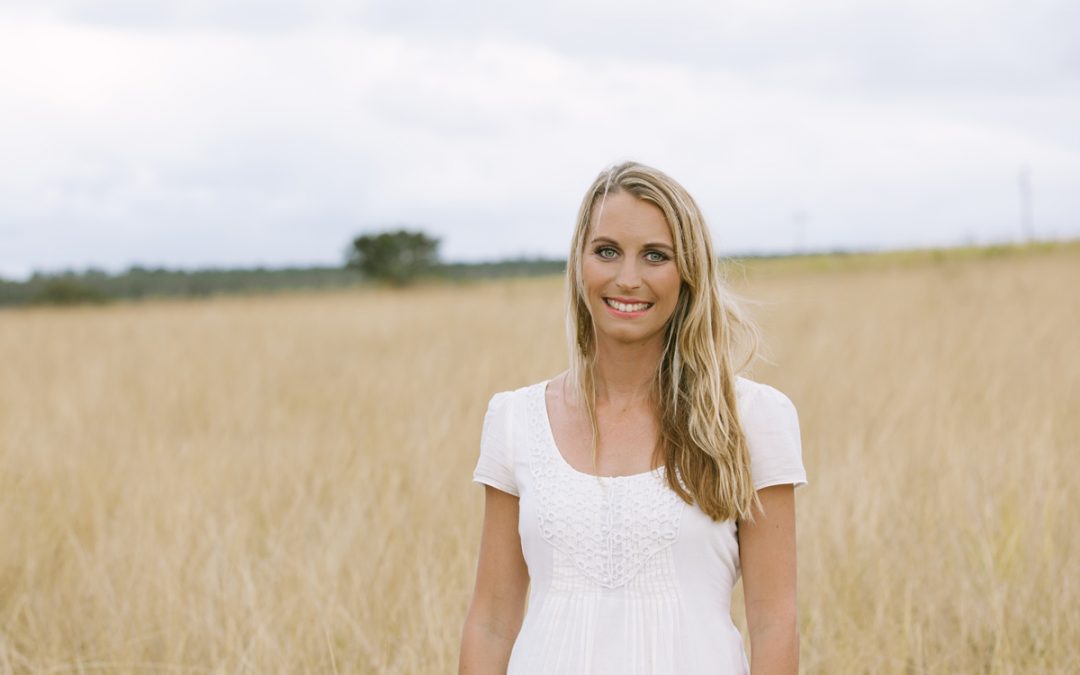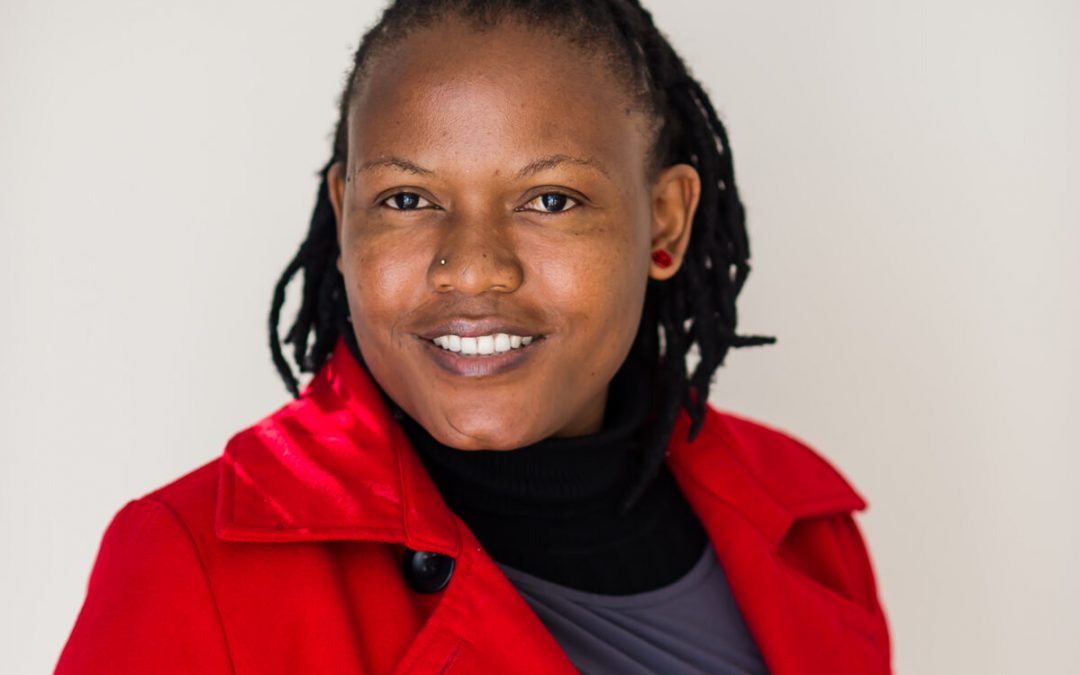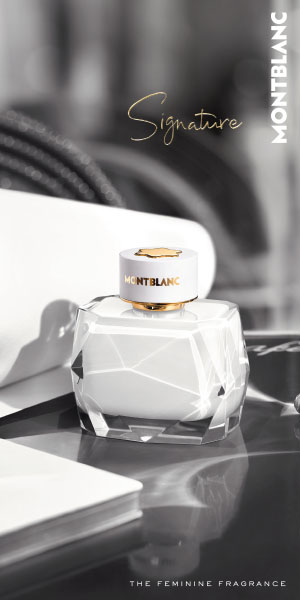With her new book, Women In Solitary, Naidoo hopes to alter the way South African women see themselves — and rekindle a desire to fight injustice and change the path of history by standing strong.
While most people are familiar with the Rivonia Trial that sent Nelson Mandela and his compatriots to jail, the Trial of 22 is rarely remembered. That trial collapsed when several women, including Winnie Mandela, refused to testify against each other, despite having spent more than a year in solitary confinement and withstanding repeated efforts to torture and beat evidence out of them.
The story of Winnie Mandela, Joyce Sikhakhane-Rankin, Rita Ndzanga, Shanthie Naidoo and Nondwe Mankahla is told by journalist Shanthini Naidoo in her recently published book Women In Solitary. Naidoo hopes that it will alter the way South African women see themselves, and rekindle their desire to fight injustice and change the path of history by standing strong.
“We should know more women who we are proud to emulate,” she says.
Naidoo was a journalist with the Sunday Times focusing on lifestyle, health and social justice when she started studying for a Master’s in Journalism. When Winnie Mandela died in April 2018, Naidoo was among those who felt disappointed by how her life was portrayed by the local and international media, and made Mandela the focus of her academic research.
“While I was reporting on her funeral I came across the Trial of 22 and all these amazing women who were on trial with her, so I started looking into them and their stories,” she says. “They were individually fascinating, and together it made a really interesting narrative about their struggle experiences which you never hear about. They were so brave, with underground operations and meetings and spying and activism.”
The women had been ripped from their families and jailed as political prisoners, often in conditions that were even more brutal than those that the ANC leaders experienced on Robben Island. Naidoo tracked down the survivors, interviewed them and their families, and wrote about their heroic deeds and their contribution to freedom and democracy.
Today there aren’t enough stories told about women who stand out for their bravery, determination and passion to change their world, so it’s crucial that these lost histories from the previous generations are revived. “Something I’ve always tried to do in my work — particularly because I have two daughters who I’m trying very hard to be a role model for — is to show visible strength, because in 2020 we still don’t have enough of that,” says Naidoo. “We need to hear these women’s stories so we can leverage on their strengths, because that’s something we absolutely need in South Africa. Storytelling is a tool for healing and we have generational wounds and generational trauma that we still feel. The important thing if we are ever going to survive is that we have to look backwards first. It’s my intention to use storytelling as a form of healing.”
Naidoo lives in Johannesburg and has now left mainstream journalism to work in content marketing, writing and podcasting for Discovery. “Discovery is very much aligned with the health and wellness fields I’m focusing on,” she says.


